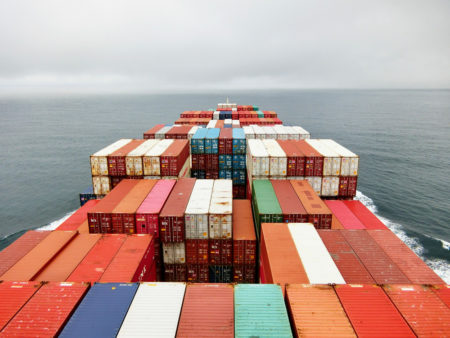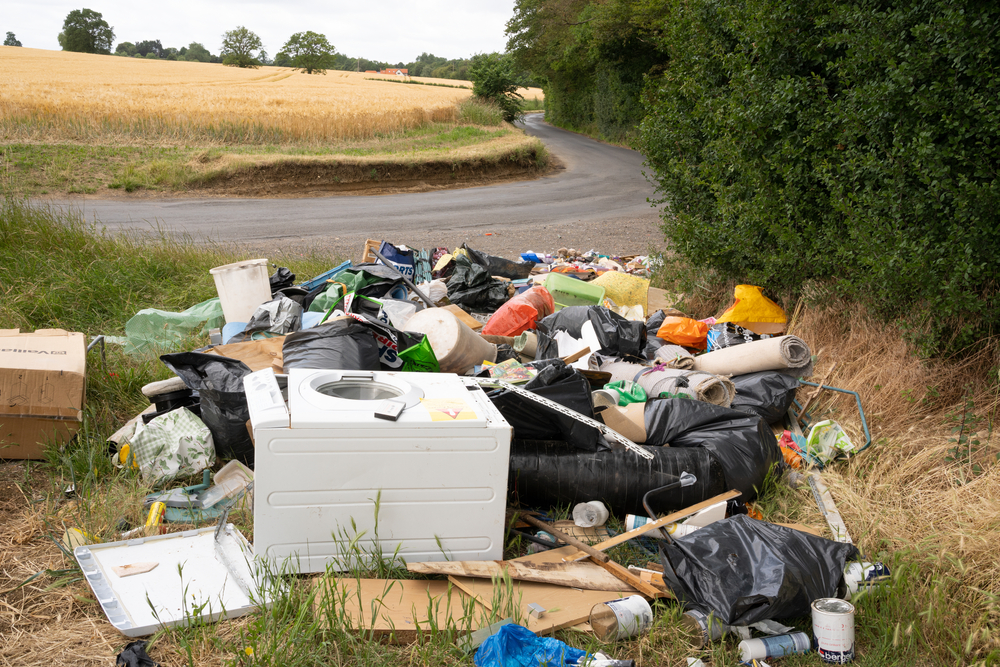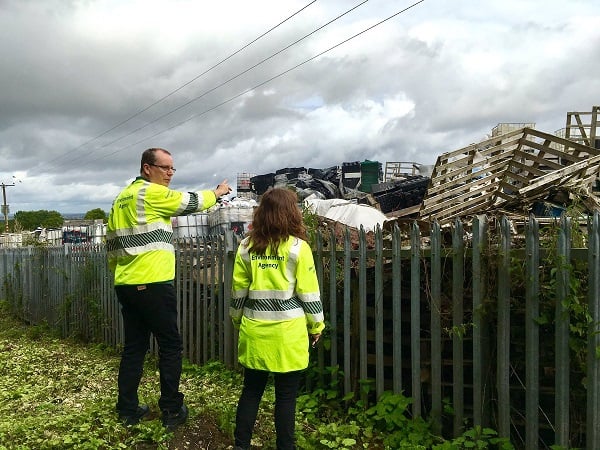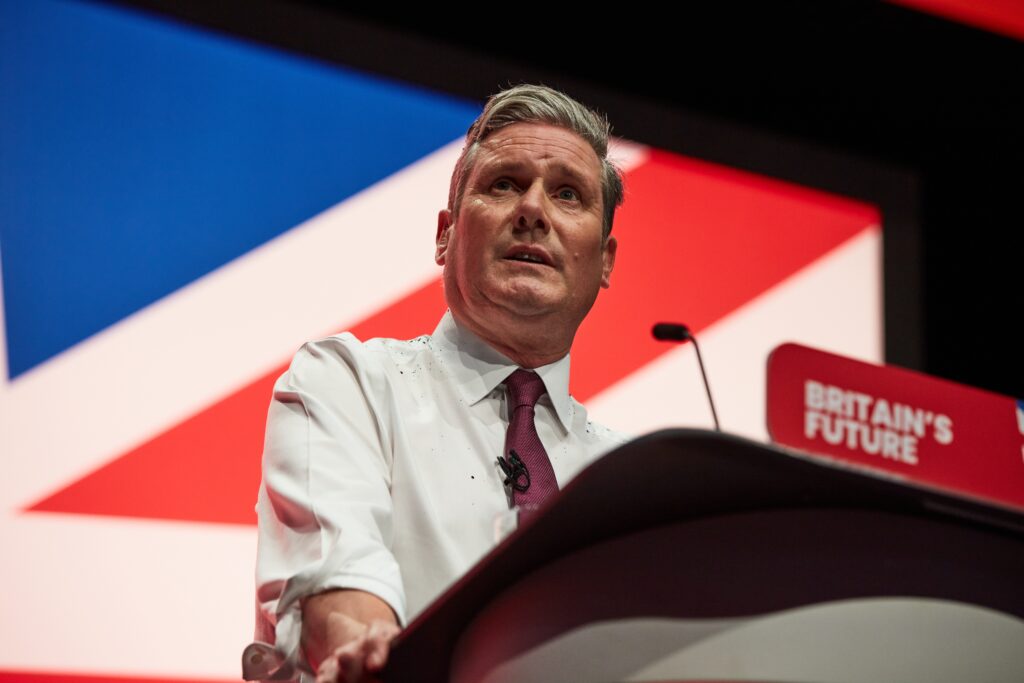The committee’s role is to examine the value for money of government projects, programmes and service delivery.
In a report published this morning (19 October), the committee claims waste crime is not getting the local or national attention needed to tackle it effectively, despite it being “on the rise”.
Interventions such as landfill tax and local charges for disposing of waste create “perverse” financial incentives to commit waste crime, the committee says, with penalties not proving effective.
It claims HMRC has only pursued one prosecution for landfill tax evasion – ‘Operation Nosedive’ – which “failed” at a cost to the public of £3.5 million.
Commenting on the report, Dame Meg Hillier, the committee’s chair, said: “With growing involvement of criminal gangs, adept at evading detection and who regard the fines if they are caught as merely a business expense, a much more serious approach to enforcement is required.”
The committee also fears the cost of living crisis could further increase the incentives for people to dispose of waste inappropriately.
Waste crime
Waste crime costs the economy around £1 billion a year, the Public Accounts Committee says, “though that is likely an underestimate.”

The committee says the Department for Environment, Food and Rural Affairs (Defra) and the Environment Agency are making only “slow and piecemeal” progress in implementing the 2018 Resources and Waste Strategy, which targets eliminating waste crime by 2043.
Dame Hillier added: “Targets become meaningless – rubbish, you might say – when there isn’t even a strategy for achieving them, much less any indication or measurement of progress.
“Sadly, all the signs four years into a 25-year target period are that the problem is getting worse.”
Exports
Among the issues its report examined, the Public Accounts Committee is concerned about the levels of illegal waste exports, which “the Environment Agency is not doing enough to prevent”. Most illegal exports end up in non-OECD countries, the committee says, “where controls on the harms it may cause and capacity to ameliorate them are less.”

The Agency estimates that around 14 million tonnes of waste are legitimately exported each year, the committee says.
In the five years to 2020/21, the Agency inspected 1,100 shipping containers per year on average, the committee notes, preventing around 18,000 tonnes of waste from illegal export and saving the economy £1.3 million annually.
However, the Agency “accepts” that it does not know the total amount of waste that is illegally exported.
The committee asked that the Agency write to it within six weeks setting out what actions would be required to enable the regulator to understand the true scale of illegal waste exports and what further action it might take to prevent them.
Fly-tipping
Looking specifically at fly-tipping, the Public Accounts Committee says Defra is not doing enough to help local authorities tackle the issue.

It claims Defra is “adamant” that it is the responsibility of local authorities to tackle fly-tipping, supported by guidance and powers to impose sanctions that the department develops and provides.
Defra is still working on a fly-tipping toolkit announced in 2018, the committee notes, and has recently provided 11 authorities with between £25,000 and £50,000 each to trial approaches to preventing or addressing fly-tipping.
The committee recommends Defra should work with local authorities to set a clear national framework for tackling fly-tipping, setting overall expectations and promoting good practice, while allowing local authorities the flexibility to respond to local circumstances.
Landfill tax
To improve the landfill tax regime, Defra should work with the Treasury and HMRC to ensure the current review of landfill tax takes account of “the incentives that the tax as currently designed creates to commit waste crime,” the committee says.
It adds that HMRC should report by the end of the year on how it has improved its approach to landfill tax prosecutions.
Data
Elsewhere in the report, the Public Accounts Committee claims official data does not capture the “true scale and impact” of waste crime. Defra and the Environment Agency need to explore the full range of potential solutions to “data weaknesses”, it says, such as satellite technology.
The committee notes the government’s digital waste tracking system is still in development after four years, despite its implementation being “core” to combatting waste crime.
Defra is creating a prototype in-house, the committee notes, with 1,600 users currently testing it. It is seeking an IT partner for the next stage of development and expects to roll out the system in 2024, following the passage of secondary legislation and piloting.
Related link
Government actions to tackle waste crime report












Subscribe for free